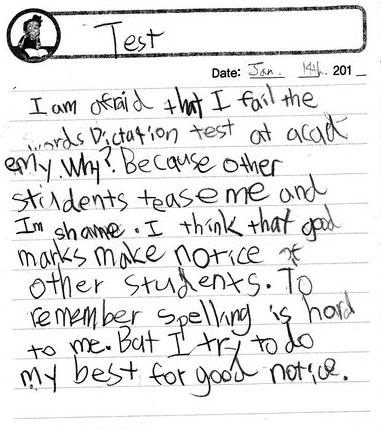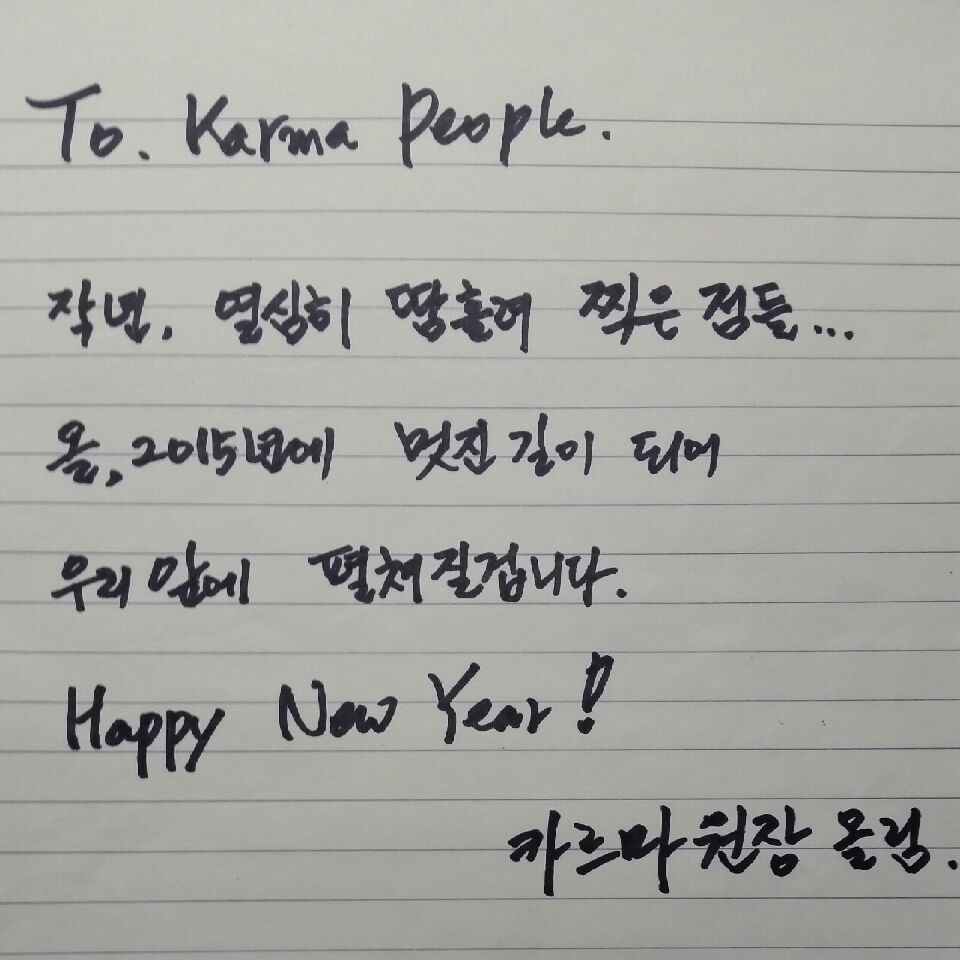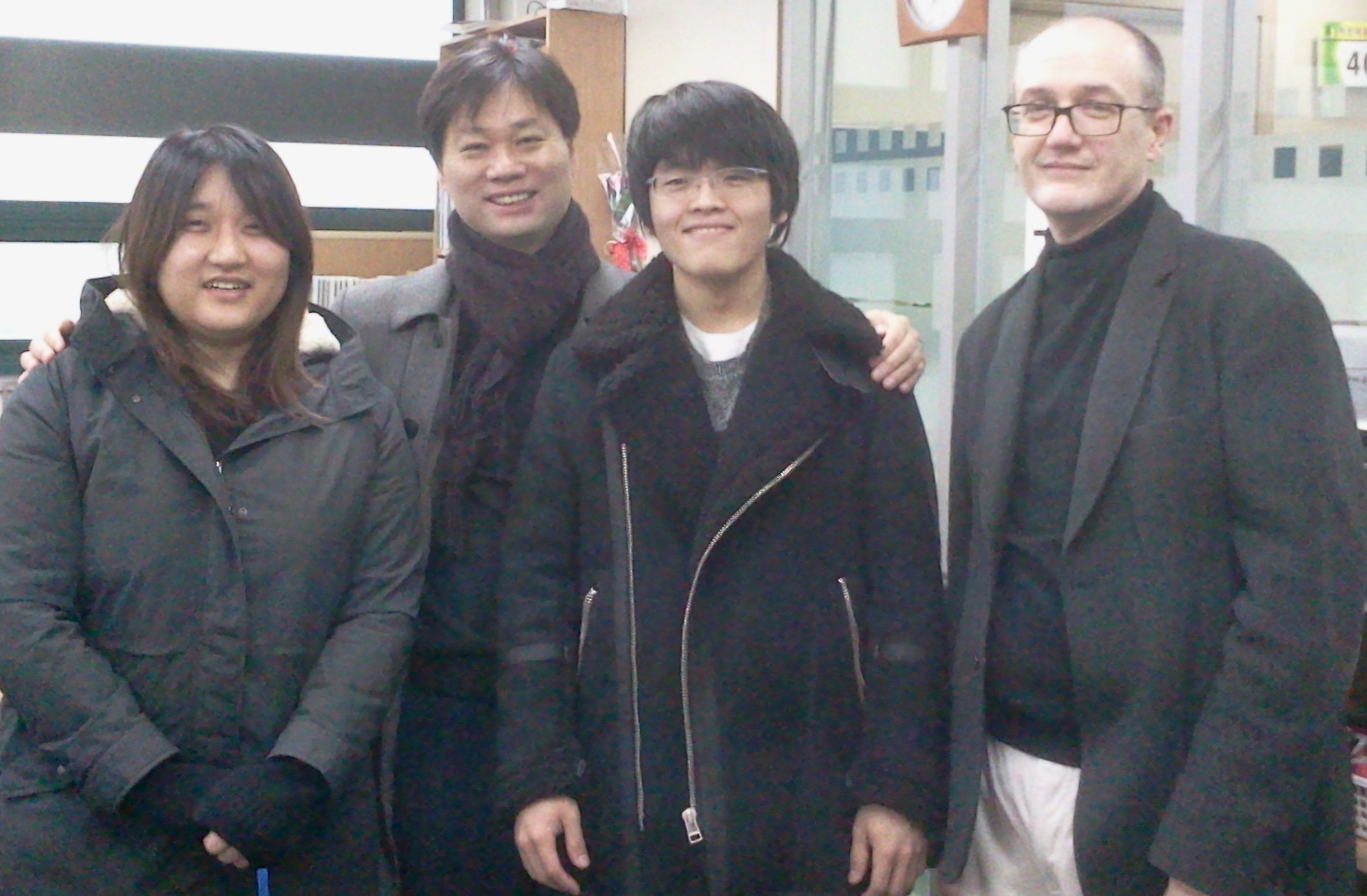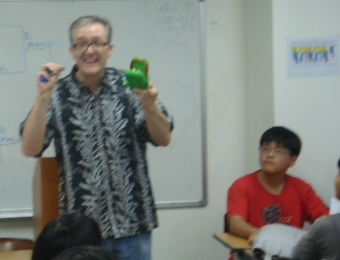Last week at some point, while searching for some utterly unrelated pedagogy-related material, I ran across a PDF of a PhD dissertation by a Korean-American graduate student at Georgia State University. The title is "Korean Teachers' Beliefs about English Language Education and their Impacts upon the Ministry of Education-Initiated Reforms," and was written by Cheong Min Yook in 2010 (it is accessible online here). I was so intrigued by the premise of the dissertation that I downloaded and read a significant portion of it, hoping to find some insight into the sometimes beffuddling beliefs my coworkers exhibit in the realms of pedagogy and TESL. The dissertation is pretty dry (of course), and frankly I didn't feel it was particularly revelatory, but there was something else that struck me most profoundly, and was quite dissappointing: there is an almost complete disregard for what is, in my mind, the primary locus of ESL in Korea: the hagwon industry.
Aside from a few single-sentence, off-hand mentions of the fact that parents often resort to "commercial supplementary education," the author seems to view the existence of the hagwon industry irrelevant to ESL in Korea. This strikes me as naive to the point of seeming like an alternate reality. In fact, I think that the hagwon industry (and the Ministry of Education's preoccupation with it, in the negative sense) is likely the single most significant factor in why reform in Korean ESL is so necessary yet also at the same time so incredibly difficult (especially if researchers like this graduate student are pretending the hagwon industry is marginal and nigh irrelvevant).
I have attempted, anyway, [broken link! FIXME] elsewhere, to go into the history and structure of the ESL industry in Korea, although I confess I probably need to get back to it and make changes as I no longer entirely agree with everything I wrote there. Without going into a lot of that, however, as I read Cheong (is that the surname? I'm not clear if US-name-order or Korean-name-order was used, but Cheong is a more common surname than Yook so I went with that as a guess) I got a lot of insight into the timeline of what was going on with respect to "reforms" and changes in the Ministry of Education's approach to public school ESL. I was struck with a kind of insight or brainstorm about how that must have had a direct and probably uninintended consequence in the hagwon industry. Here is a brief outline of that brainstorm.
The "boom" in the hagwon business which occurred in the early 2000s wasn't just demographic (which is always how I'd conceptualized it, before) – it was also a direct market response to the government's effort to emphasize a more modern pedagogy in the public school system. That is because the government failed to support their programmatic methodological changes meant for the classroom with sufficient reforms to the exam system (i.e. the 4-times-a-year 내신 in middle and high school, as well as the 수능 [Korean "SAT"]).
As a result, what ended up happening was that the reforms, oriented toward spoken English and CLT ["communicative language teaching"], which occurred in the public schools in the late 1990s and early 2000s, rendered English education – as it was being provided by the public schools – irrelevant to what parents wanted and needed. What parents want and need, always, is adequate preparation for exams. The exams remained focused on passive-skills – mostly grammar, vocabulary and reading, with the only, arguably fairly minor, reform being some increase in a listening component. (As an aside, it's worth mentioning that the intended nation-wide TOEFL-style [therefore CLT-based and with a speaking component!] English exam, NEAT, was an utter flop, although I'm not clear as to the reasons for that). Thus, to the extent that public school ESL focused on communicative competence and speaking skills, to the exact same extent it became irrelevant to the national exams. Parents essentially fled the public system (not by quitting, but by simply ignoring it and influencing their children to ignore it) and instead invested even more money and hours in private supplementary education (i.e. hagwon) in order to adequately to prep their kids for the exams.
That makes a lot of sense to me, when I reflect on it. I wonder, therefore, if the current drawback in the hagwon industry is therefore also not just demographic, but is rather also a consequence (intentional or otherwise) of further changes to pedagogy in the public schools. Certainly I think the effort to increase emphasis on speaking and CLT in the public schools has been scaled back substantially – abandoned in middle schools and reduced in elementary schools. Just look at the reduction in foreign native-speaking teachers being employed by public schools. One could argue that the government was disappointed by the results, but it seems just as likely that at some high, administrative level they realized their previous reforms were driving the hagwon industry to new heights (which they didn't want) and so they reversed direction.
Actually, there is one other factor driving the current travails in the hagwon industry that I might as well mention, as long as I'm writing about it, which is that the cost of 과외 [private tutoring] has veritably plunged in recent years, driven, I suspect, by the increasing number of English-fluent Koreans in the country, mostly returned emmigres who abandoned the Anglosphere due to the economic hardships post-2008. Unlike me or other foreigners who must be here on business-sponsored visas (E2), these returnees can work however they want, as self-employed one-on-one tutors, and there is zero regulation. Given the choice of paying the same for one-on-one with a native speaker or time in a raucous classroom with a native speaker only half time if they're lucky, it's easy to see why parents would pull their kids out of hagwon and find a tutor for them.
By the way… uh, merry christmas? Frankly, it was a sucky Christmas. Bah humbug, then.
What I'm listening to right now.
Future Islands, "Seasons."
Lyrics
-Verse 1-
Seasons change
And I tried hard just to soften you
The seasons change
But I've grown tired of trying to change for you
Because I've been waiting on you
I've been waiting on you
Because I've been waiting on you
I've been weighing on you
-Chorus-
As it breaks, the summer will wake
But the winter will wash what's left of the taste
As it breaks, the summer will warm
But the winter will crave what is gone
Will crave what has all gone away
-Verse 2-
People change
But you know some people never do
You know when people change
They gain a piece but they lose one too
Because I've been hanging on you
I've been weighing on you
Because I've been waiting on you
I've been hanging on you
[daily log: what?]









